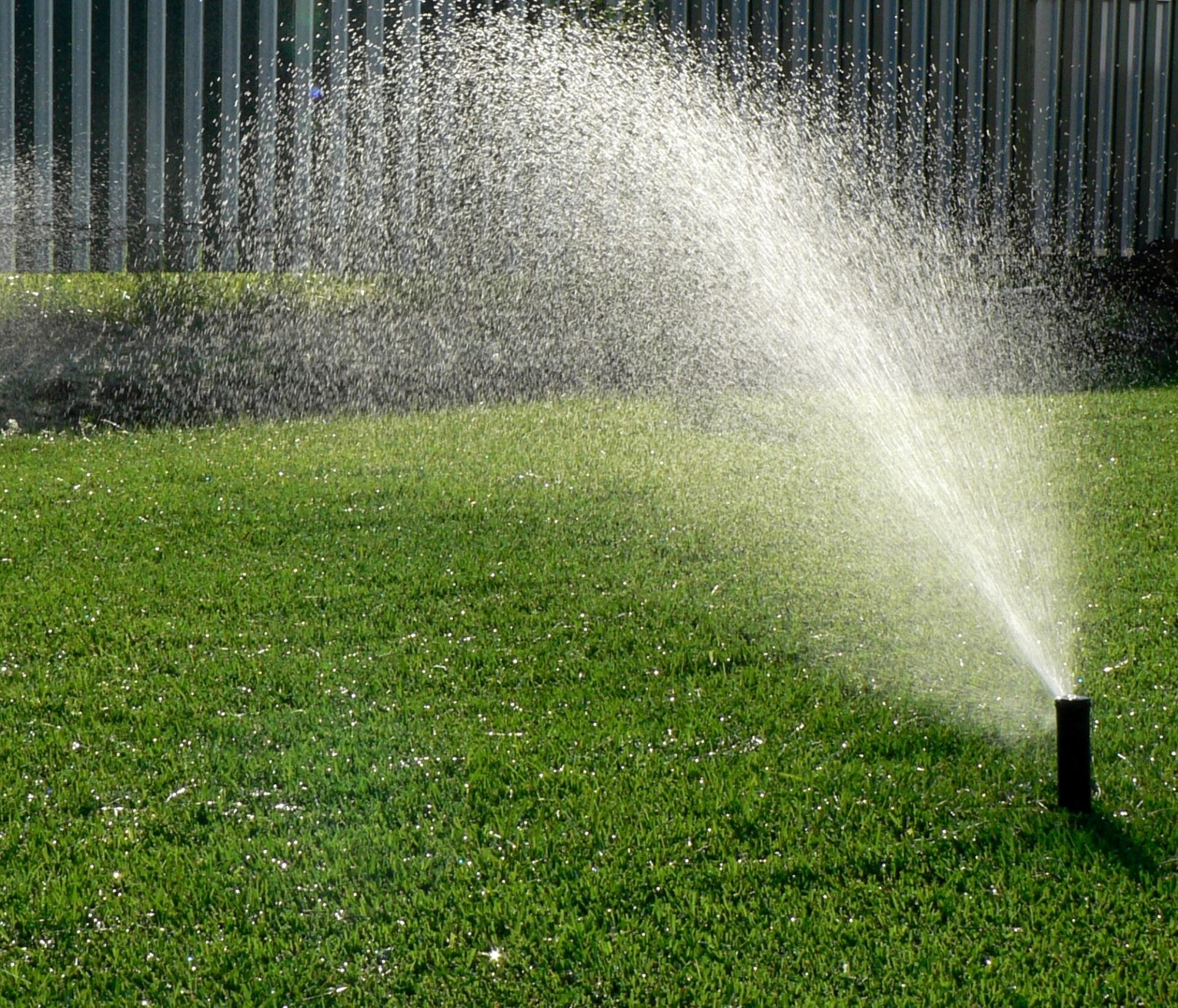When your well water starts acting up, it’s easy to fall for quick fixes and common advice passed down from neighbors or found in a late-night internet search. However, the truth is that many of these so-called “solutions” can do more harm than good. From assuming wells don’t need maintenance to blame every issue on the pump, these myths can lead to misdiagnosed problems, wasted money, and even unsafe drinking water.
Proper well repair and maintenance go far beyond guesswork—it’s a job best left to trained professionals. Incorrect repairs can affect your water quality, damage your well system, and create long-term health risks.
Knowing the facts, spotting early signs of trouble, and trusting licensed experts ensures your water stays clean, your system runs efficiently, and your peace of mind stays intact.
What are Common Misconceptions About Well Repair and Maintenance?
There’s no shortage of myths surrounding water well systems—especially regarding repairs and upkeep. Many homeowners assume their well is a “set-it-and-forget-it” system, but that thinking can lead to costly and even dangerous mistakes. Here are some of the most common misconceptions:
“If the water’s running, the system is fine.”
Just because water comes out of the tap doesn’t mean your well is healthy. Issues like bacterial contamination, low pressure, or pump inefficiency can develop quietly behind the scenes.
“Wells don’t need regular maintenance.”
False. Wells require periodic inspection, water testing, and equipment checks to ensure a safe and consistent water flow. Skipping maintenance can result in pump failure or contaminated water.
“Any plumber can fix a well.”
While plumbers handle pipes, well systems involve electrical work, specialized components, and the management of groundwater. It’s best to call a licensed well contractor with experience in water systems.
“Low pressure always means pump failure.”
Not necessarily. Clogged filters, pressure tank issues, or leaky pipes can also cause pressure problems. Replacing the pump without an accurate diagnosis is a costly gamble.
“You can fix water quality issues by shocking the well.”
Shocking can temporarily kill bacteria, but it won’t address structural issues like cracked casings or contamination from surface runoff. Relying on it as a cure-all is a risky approach.
Understanding these myths can help you make informed decisions and avoid expensive or unsafe repair choices.
How Can Incorrect Well Repair Practices Affect Water Quality?
When it comes to well repairs, cutting corners or relying on guesswork can do more than just hurt your wallet—it can seriously compromise your water quality. A well is a direct line to your home’s drinking water, and any mistake in repair or maintenance can introduce contaminants or damage the system’s ability to protect your water source.
Here’s how poor repair practices can negatively impact water quality:
- Contaminant Intrusion – Improperly sealed well caps or poorly fitted pipes can allow surface water, bacteria, insects, or even small animals to enter the well.
- Backflow Contamination – Failing to install or test check valves during repairs can allow dirty water to flow back into the clean supply.
- Chemical Leaching – Using the wrong sealants, lubricants, or pipe materials that are not rated for potable water can leach harmful chemicals, such as lead or plasticizers, into the water.
- Sediment Stir-Up – Incorrect pump or pressure settings can dislodge sediment from the well walls, resulting in cloudy or gritty water.
- Improper Chlorination – Over-shocking or incorrectly disinfecting the well can damage pipes, kill beneficial bacteria, and mask underlying contamination.
Poorly done repairs don’t just leave things as they were—they often make things worse. Safe, clean water starts with expert care.
Why Is It Important to Hire a Professional for Well Repairs?
Hiring a professional for well repairs isn’t just a matter of convenience—it’s essential for the safety, performance, and longevity of your water system. Unlike general plumbing, well systems are complex and involve a combination of electrical work, groundwater management, and pressure mechanics. A professional has the tools, training, and knowledge to accurately diagnose and fix the problem without risking damage to the system or your water quality.
Additionally, contractors ensure that repairs comply with local codes and health regulations. They know how to properly seal well components, prevent contamination, and maintain safe pressure levels.
Attempting a DIY fix may seem cheaper, but it can lead to costly mistakes, such as pump damage, electrical hazards, or even unsafe drinking water. In the end, a licensed expert doesn’t just repair your well—they protect your home’s most vital resource.
What are the signs that your well needs professional repair?
Your well system might not come with a warning light, but it does send clear signals when something’s wrong. Ignoring those signs can lead to more significant, costly issues down the road—sometimes even a total system failure. Here are the most common red flags that indicate it’s time to call in a professional:
- Low or Inconsistent Water Pressure: If your water pressure suddenly drops or fluctuates, it could mean issues with the pump, pressure tank, or a possible leak in the system.
- Air or Sputtering Faucets: If air spits out of your faucet along with water, it often points to a problem with the well pump or a drop in water levels.
- Cloudy, Dirty, or Rusty Water: Water that appears off-color or contains sediment may indicate a damaged casing, corroded pipes, or a failing pump that is stirring up debris.
- Unusual Tastes or Smells: Metallic, sulfur-like, or earthy odors in your water can be signs of contamination or chemical imbalance.
- Frequent Pump Cycling (Short Cycling): If your pump turns on and off more frequently than usual, there may be an issue with the pressure switch or tank.
If you notice any of these signs, don’t wait—professional repairs can prevent minor issues from becoming major emergencies.
Stop Believing These Well Repair Myths—Get Facts!
At Well Doctor LLC, we’ve seen firsthand how common myths can lead to costly mistakes and unsafe water. Believing that your well doesn’t need maintenance or thinking you can fix complex issues with DIY tricks can do more harm than good. Our licensed experts are here to set the record straight with honest advice and reliable repairs that keep your water clean and flowing.
Don’t fall for the myths—trust the professionals who know what your well truly needs. Contact us today for smart solutions and peace of mind.

